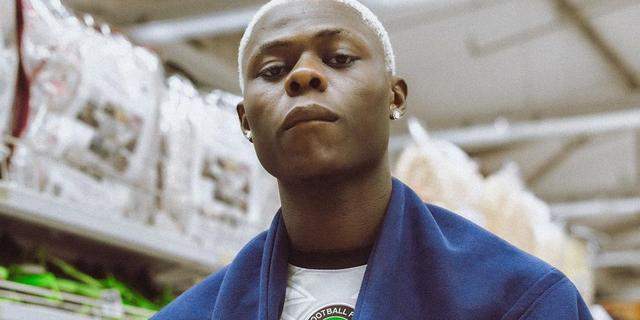The House of Representatives has taken a proactive step in protecting the intellectual property rights of late Ilerioluwa Aloba, popularly known as Mohbad, by inviting the Nigeria Copyright Commission (NCC).
This development came after Babajimi Benson (APC-Lagos) presented a motion during the plenary session in Abuja on Tuesday, highlighting the need to address the lingering issues surrounding the late artist’s songs and lyrics.
A Motion for Protection
In his motion, Mr. Benson emphasized the tragic circumstances surrounding Mohbad’s untimely demise on September 12. The artist’s name has continued to dominate headlines and public conversations, both within and beyond the nation.
The motion further noted the protests and processions by youths, who have taken to the streets chanting Mohbad’s name. These passionate demonstrations, including a tribute concert attended by numerous musicians, clearly demonstrate the widespread impact of Mohbad’s music.
Described as “Imole” (which means “light” in Yoruba), Mohbad was an artist who sang about peace and enlightenment. The loss of such a talented individual has left a void in the hearts of his fans, who are struggling to come to terms with his demise.
One significant aspect addressed in the motion was Mohbad’s decision to leave his record label, Marlian Records, owned by Azeez Fashola (popularly known as Naira Marley), in 2022. The artist cited various grievances, including claims of unpaid royalties.
While the issue revolves around Mohbad’s specific case, it brings attention to the larger problem of artists facing challenges when asserting their rights. It underscores issues within the music industry, revealing a disturbing practice that often entangles young artists in unfavorable contractual agreements.
Depicting the Struggles of Young Artists
The motion shed light on a common plight faced by many artists in Nigeria. They find themselves trapped in unfair contractual obligations that severely restrict their creative freedom and hinder their financial growth. In some cases, these situations escalate into disputes and even violence.
One major contributing factor to this problem is the lack of substantial institutional funding within the Nigerian music industry. As a result, many artists are forced into entering dubious contracts with record labels, often with unfavorable terms.
Addressing the Issue for Industry Growth and Sustainability
The lawmaker expressed deep concern that a significant portion of the late artist’s earnings continues to go to the Marlian Music Group. He also highlighted the lack of action by relevant agencies to protect Mohbad’s estate, despite his status as the 46th best-selling digital artist in the world.
To remedy the situation, the House of Representatives observed a minute of silence in honor of Mohbad. Furthermore, they called for the safeguarding of the rights of young and promising artists involved in contractual agreements with their record labels. The ongoing investigation into Mohbad’s death, including allegations of harassment and unpaid royalties, was urged to be closely monitored.
The Role of the Nigeria Copyright Commission
As part of their efforts, the House of Representatives urged the NCC to collaborate with key stakeholders, including record labels, artists, legal experts, and industry associations. Together, they are tasked with developing and implementing industry-wide guidelines. These guidelines will promote fair treatment, transparent contractual agreements, and proper compensation for artists.
Additionally, the House emphasized the importance of reviewing existing copyright and contract laws in Nigeria. This evaluation aims to identify any gaps or areas in need of reform to ensure the growth and sustainability of the industry.
In line with the resolution, the House of Representatives has mandated its Committee on Justice and Legislative Compliance to ensure adherence to the proposed guidelines.
Through this motion, the House of Representatives has taken a commendable step towards addressing the challenges faced by artists and protecting their rights. This proactive approach is vital for the growth and sustainability of Nigeria’s music industry.
NAN
